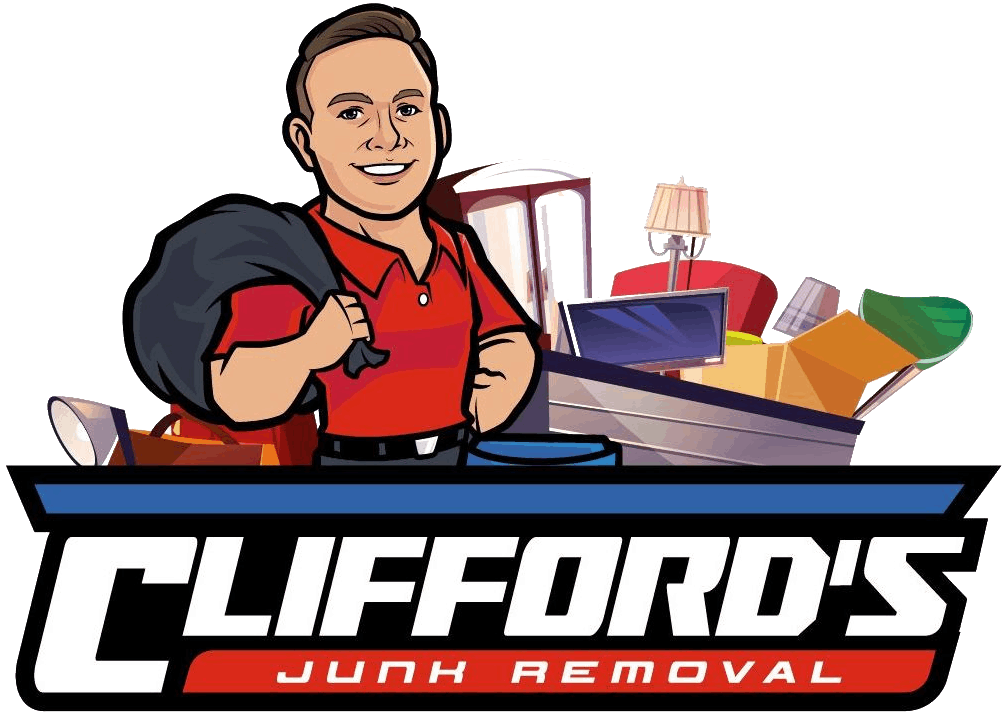Clearing out a home after an estate sale can feel overwhelming, but with the right approach and a little planning, it can be a manageable and even rewarding experience. After the hustle and bustle of the sale, you’re left with the task of removing any unsold items, cleaning, and preparing the property for its next phase. Whether you’re handling this process for a loved one or managing the property yourself, these tips will help you tackle the task with confidence and efficiency.
Assess the Remaining Items
Before diving into the physical labor of clearing out a home, start by taking stock of what remains after the estate sale. Walk through the home, room by room, and make a list of items that didn’t sell. Consider what you want to keep, donate, or discard. Some items may have sentimental value, while others may be better off being recycled or given to a local charity. This step will help you prioritize what needs to be removed first and give you a clearer picture of the work ahead.
During your assessment, it’s important to decide what is worth keeping and what needs to go. Items like furniture, appliances, and electronics can be a challenge to deal with, especially if they are outdated or damaged. With a solid understanding of what you’re working with, you can create a strategy for removing these items in the most efficient and respectful manner. This ensures that only what is truly unwanted remains to be disposed of.

Organize and Sort the Items
Once you’ve assessed the remaining items, it’s time to organize and sort them. A systematic approach to sorting can save you a significant amount of time and effort down the line. Start by separating items into categories such as furniture, clothing, electronics, antiques, and household goods. Then, divide them into “keep,” “donate,” “sell,” and “discard” piles. Keep in mind that some items may still hold value, even if they didn’t sell during the estate sale. Consider donating items in good condition to charity, as this can help someone else while clearing out your space.
Sorting can also be an emotional process, as many of the items may hold memories of the person the estate belonged to. Take your time with this process, and if possible, involve other family members to share the decision-making burden. By creating distinct piles, you not only streamline the removal process but also ensure that any valuable items are handled properly, whether they are being preserved for future generations or donated to those in need.
Plan for Disposal of Large Items
Dealing with large, bulky items that didn’t sell during the estate sale requires extra attention. These items could include furniture, appliances, or heavy machinery, all of which may not fit easily in a standard garbage bin or be suitable for donation. One option is to arrange for a junk removal service to handle the heavy lifting. Professional junk removal companies are equipped to deal with these types of items quickly and efficiently, ensuring that they are disposed of in an eco-friendly manner.
Make sure to check local regulations for large item disposal, as some areas may require specific processes for things like electronics recycling or appliance disposal. If you’re handling the removal yourself, you may need to rent a truck or enlist the help of friends or family. For large furniture, consider whether it can be disassembled to make it easier to remove. In either case, ensure you have the proper tools and support to manage these bulky items safely and effectively.
Clean the Property Thoroughly
After removing all the items from the home, the next step is to perform a thorough cleaning of the property. This includes sweeping, mopping, dusting, and wiping down all surfaces. Even if the home has been emptied out, there may still be dust, dirt, or debris that needs to be cleared. It’s important to leave the space in good condition, especially if the property is going up for sale or being rented out.
Start by cleaning the floors, removing any leftover packing materials, and wiping down baseboards. Don’t forget to clean any hidden areas like closets, cabinets, and drawers. If the home is large or has been vacant for a while, it may be a good idea to bring in professional cleaning services. These experts have the tools and expertise to make sure every nook and cranny is spotless, allowing you to focus on other aspects of the transition.
Dealing with Hazardous Materials
During the clearing process, it’s crucial to be aware of any hazardous materials that might need special handling. These could include old paint cans, chemicals, batteries, or cleaning products that are no longer safe to use. It’s important to properly dispose of these materials to avoid harm to yourself or the environment. Many junk removal services offer specialized services for hazardous material disposal, ensuring that these items are handled with care.
Make sure to check with your local waste disposal authorities to find out the best way to get rid of these materials. In some areas, there are designated days or drop-off locations for hazardous waste, such as old electronics or chemicals. Avoid placing these items in regular trash bins, as improper disposal can lead to fines or environmental damage. Taking the time to handle these materials responsibly will help keep the property safe and in compliance with local regulations.
Address Personal Belongings and Sentimental Items
When clearing out a home after an estate sale, you’ll inevitably come across personal belongings that may hold significant emotional value. Photos, letters, or family heirlooms may be tucked away in boxes, drawers, or cabinets, and it’s important to handle these items with care. Take the time to go through any personal belongings to ensure they are saved, passed on to family members, or properly archived.
Sometimes, these items may be difficult to part with, especially if they evoke strong memories. It’s a good idea to set aside a separate space to carefully pack these items, ensuring they are kept safe and organized. If you’re unsure what to keep, consider involving family members to help determine which items should be preserved. This will give everyone the opportunity to say their goodbyes and make decisions about what to hold onto.

Enlist Professional Help for Large Scale Cleanouts
If you’re dealing with a larger property or a more extensive estate sale aftermath, you might want to consider hiring a professional cleanout service. Professional junk removal companies specialize in clearing out homes efficiently, handling everything from sorting and packing to hauling away large items. They come equipped with the right tools and experience to ensure the job is done quickly and with minimal disruption to your schedule.
Hiring professionals also helps you avoid the physical strain and potential safety hazards associated with large-scale cleanouts. If the estate sale left behind many heavy items or debris, bringing in a team of experts can make the process much easier. Professional services are also familiar with local disposal laws and can help ensure that the property is cleared in an environmentally responsible manner, making it a hassle-free experience.
Consider Donating Unwanted Items
While it’s tempting to simply discard everything that didn’t sell during the estate sale, consider donating items that are still in good condition. Many charities and nonprofit organizations are always in need of gently used clothing, furniture, and household goods. Donating these items can benefit those in need while also keeping your own space clutter-free.
Check with local charities to see if they offer pickup services, as this can make the donation process more convenient. Many organizations are willing to accept donations of furniture, appliances, and electronics, and some may even provide tax receipts for your contributions. Donating is an environmentally friendly way to give back to your community, and it allows you to clear out the property in a responsible, altruistic manner.
Finalizing the Cleanout Process
Once you’ve handled the removal of unwanted items, sorted through personal belongings, cleaned the property, and disposed of hazardous materials, it’s time to wrap up the process. Take one final walk through the home to ensure that nothing has been overlooked. Double-check closets, cabinets, and hidden corners to make sure everything has been removed. If you’re preparing the home for sale, make sure to touch up any areas that may need additional cleaning or minor repairs.
This is also the time to review any legal or financial steps that may need to be completed, such as updating property titles or handling estate paperwork. Once everything has been cleared, cleaned, and organized, you’ll be ready to move forward with the next steps. Whether you’re renting, selling, or simply moving on to another phase in your life, completing the cleanout process will give you a sense of closure and readiness for what comes next.
Conclusion
Clearing out a home after an estate sale can seem like a daunting task, but by following a strategic and organized approach, it can be accomplished smoothly. Whether you decide to tackle the job yourself or enlist professional help, the key is to prioritize the remaining items, dispose of them properly, and make sure the space is left clean and ready for its next chapter. Handling sentimental items with care and donating what you can will not only make the process easier but also benefit others.
If you find yourself in need of professional assistance, Clifford’s Junk Removal in Roseville is here to help. They specialize in handling junk removal with ease and efficiency, providing quick and eco-friendly solutions. You can contact them at 19162323588 to schedule your junk removal services and get the help you need to clear out a home after an estate sale. Let the experts take care of the heavy lifting and ensure your space is left clutter-free and ready for whatever comes next.
